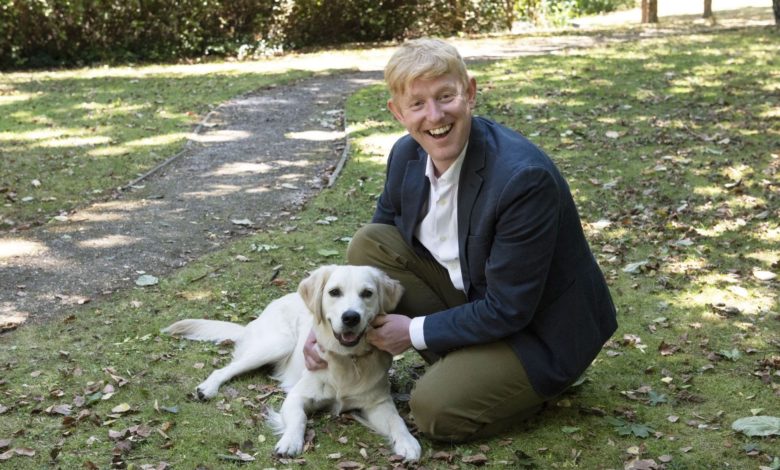RSPCA to make UK ‘global leader’ for animal welfare
The charity aims to reduce neglect and cruelty across England and Wales by half by 2030, create a million-strong movement for animals, end severe suffering of animals used in science and ‘significantly’ improve the lives of millions of farm animals

After a successful first year of its new strategy, the RSPCA has announced its upcoming plans to make the UK a global leader for animal welfare.







